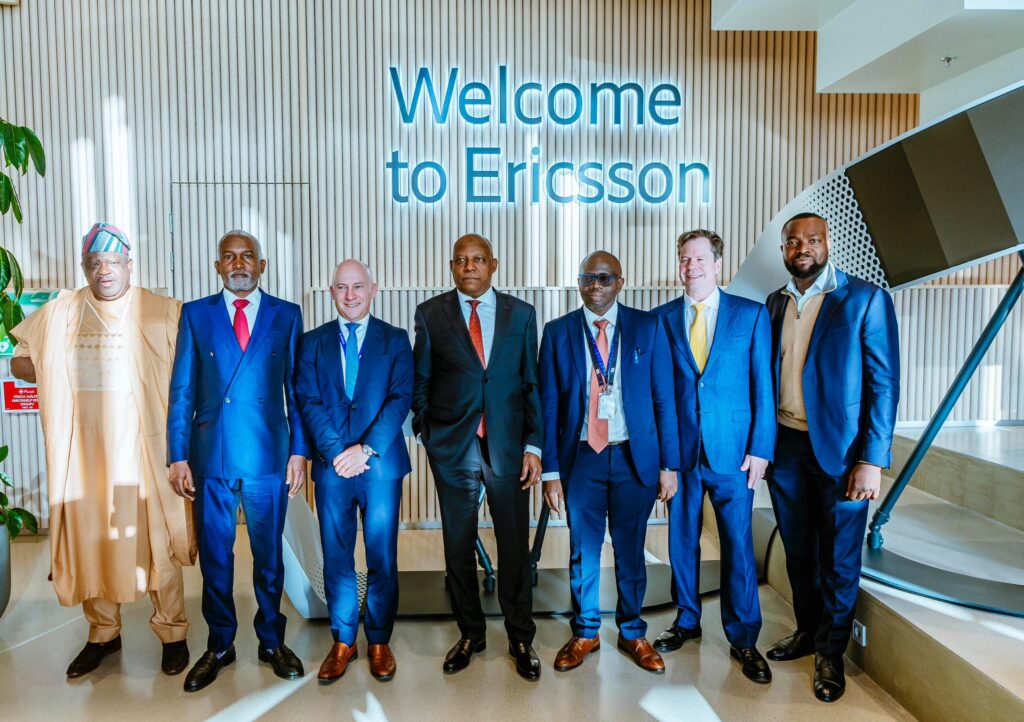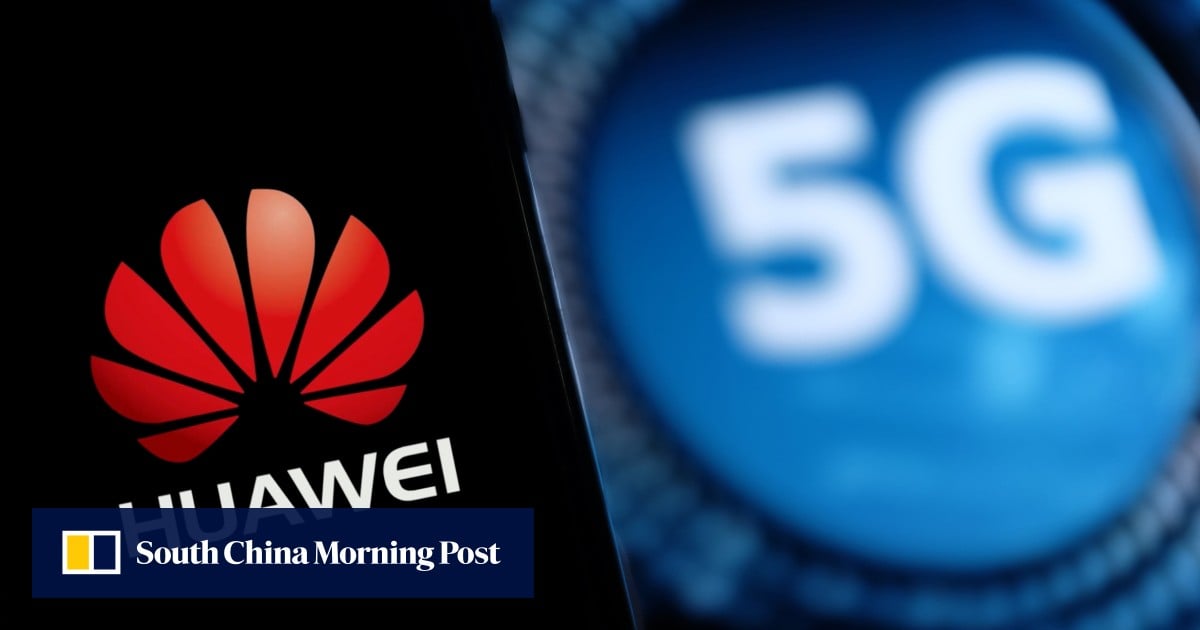




On October 19, 2024, the Nigerian Government signed a Memorandum of Understanding (MoU) with Ericsson to collaborate on the development and innovation of 5G technology. The agreement was signed by Dr. Bosun Tijani, Nigeria's Minister of Communications, at Ericsson's Global Headquarters in Kista, Sweden. The signing ceremony was attended by Vice-President Kashim Shettima and Ericsson's Patrick Johansson, highlighting the significance of this partnership for Nigeria's technological advancement [f316c4b0].
The MoU aims to establish an innovation lab that will focus on 5G applications across various sectors, including agriculture, mining, and education. This initiative aligns with President Bola Tinubu's Renewed Hope Agenda, which seeks to leverage technology for national development. Vice-President Shettima emphasized the potential of 5G technology in enhancing security measures for oil facilities, particularly in combating theft and vandalism [f316c4b0].
This collaboration comes at a time when several countries are navigating the complexities of 5G technology and its implications for national security and economic growth. For instance, Malaysia is currently evaluating bids for its second 5G network, with Huawei as a potential player despite ongoing concerns about espionage linked to the company. The Malaysian government aims to boost its economy and digital infrastructure as part of its broader economic strategy [3cc0a1c7].
In contrast, Romania has recently rejected Huawei's appeal against a ban on its equipment in 5G networks, marking a significant setback for the Chinese tech giant in Europe. The Romanian government has mandated that operators remove Huawei technology from their networks within a specified timeframe, citing security concerns [e8d3e38d].
Meanwhile, Germany has announced a ban on Huawei and ZTE from its 5G networks, reflecting a growing trend among European nations to limit reliance on Chinese technology due to national security risks. German officials have expressed the need to protect telecom networks from potential cyberattacks, which they perceive as an existential threat [db403b33].
As the global landscape for 5G technology continues to evolve, Nokia has secured a contract to supply 5G radio equipment to Portuguese telecom operator MEO, replacing Huawei as the sole supplier. This move signifies a shift in the telecommunications market as countries reassess their partnerships in light of security concerns [5059c244].